Conwy health precinct is a partnership project between Conwy County Borough Council (CCBC) and Betsi Cadwaladr University Health Board (BCUHB) worked closely together to improve the management of chronic health conditions.
The idea:
The treatment of chronic health conditions has typically focussed on medical interventions which try to reduce the impact of people’s pain or discomfort. There are a number of theories and studies which extoll the positive effects of physical activity on a whole range of chronic diseases, mental health as well as physical health. The Health Precinct wanted to test these theories by integrating physical activity into the health service and de-medicalising the treatment of chronic health conditions by the health service working closely with the local authority leisure services.
What happened?
While exploring the possibilities for developing their leisure facilities, a member of staff attended a multidisciplinary meeting where he discovered that the intermediary care team were working out of a tiny space in the hospital and were desperate for more space. This triggered an idea to incorporate the team into a redesigned space within a leisure centre in Conwy. After developing the idea and close joint working between the leisure department and health services the intermediary team, including physiotherapists and occupational health workers moved into the leisure centre to work together.
As a result of this c- location and closer working practices, the teams now deliver physical activity pathways and programmes in the leisure centre environment in combination with health and leisure staff. This means that treatment is de-medicalised and there is a sustainable pathway for patients requiring treatment. As almost all of the recuperation services are delivered in different parts of the health precinct, patients become comfortable with the leisure centre environment and can move along a recuperation pathway from intense one-to-one expert medical support to classes or individual training plans within the leisure facilities. Leisure and health professionals are also able to share expertise and equipment allowing access to a wide variety of health facilities and enabling the support of higher risk patients with additional needs.
Insights
- Co-locating services which are trying to achieve similar aims can improve outcomes for patients, save money and improve learning between the different organisations.
- Providing a single site pathway approach can improve outcomes for patients who only need to visit one place for continuing treatment and rehabilitation.
- Not all innovations are planned and some of the best innovations stem from chance meetings and determination to improve services.
- Up-front costs can put off public bodies from projects with public benefit and savings. Programme such as Invest to Save and Innovate to Save can help kick start projects like these.
- Bringing diverse sets of expertise together around shared goals can enrich ideas and bring about broader ranges of benefits – as well as allowing pooled funding.
